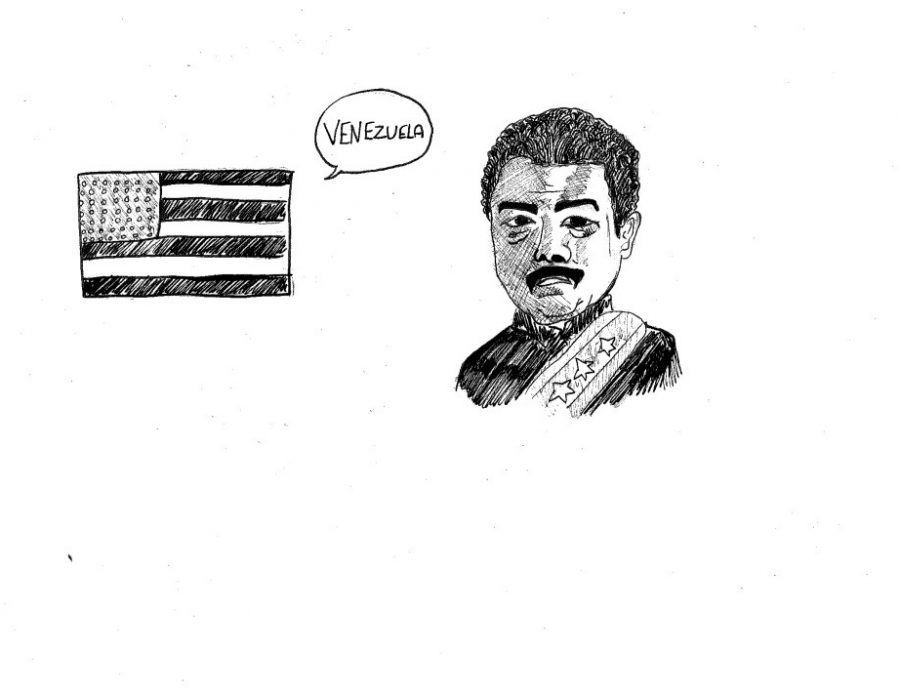Secretary of State’s Comments on Venezuela Are Worrisome
February 28, 2018
As Secretary of State Rex Tillerson prepared to embark on his first tour of Latin America, the former ExxonMobil CEO stirred controversy with his comments about Venezuela when he spoke at the University of Texas. Venezuela has been experiencing devastating economic problems and its president, Nicolas Maduro, has low approval ratings ahead of an upcoming election. In his speech, Tillerson joked that it would be “easiest” if Maduro chose to “just leave.”
Then, despite saying,“We have not advocated for regime change,” he said, “I think there will be a change” and claimed that Venezuela’s democracy is not legitimate. He seemed to be threatening an ouster of Venezuela’s president. To the untrained eye, this would seem a rather normal thing for the secretary of state to say, given the human rights abuse accusations leveled at Maduro’s government. However, when we look closer at Venezuela and set it against the United States’ history of toppling governments and Tillerson’s personal background, a different conclusion can be drawn. Since World War II, the United States has undermined many governments around the world, sometimes replacing democratically elected leaders with autocratic dictators in efforts to protect American interests. The list of places that experience such coups is a long one, including Chile, Congo, Iran, and Guatemala.
Why, of all countries in the world, has Venezuela come under fire? I’d argue there are two main reasons. One is the confirmation bias that clouds American judgement when it comes to nations that call themselves socialist or communist.
Many in America look at countries like Venezuela and claim its struggles stem from having a socialist economy, but in reality, they have very high amounts of private ownership.The second reason Venezuela is targeted also connects back to Secretary Tillerson. Venezuela is one of the most oil-rich nations in the world, and its oil industry is publicly owned.
Historically, the United States has either organized coups of such nations or outright invaded them (see Iran and Iraq). Even more worrisome is that Tillerson spent his whole career prior to serving as secretary of state working at ExxonMobil, the world’s largest oil company. All of these connections at the very least should cause concern about the future of Venezuela and its national sovereignty.
While we fret about whether or not our elections have been tampered with by Russian hackers, our own government is advocating for a military coup in another country. While some might be quick to blame this on policy specific to the Trump administration, these kinds of actions have been taken over and over under both Republican and Democrat presidents.
Despite describing ourselves as a beacon of democracy, the United States seems to only allow democracy in other countries if it serves its own interests.
This piece also appears in our February print edition.










